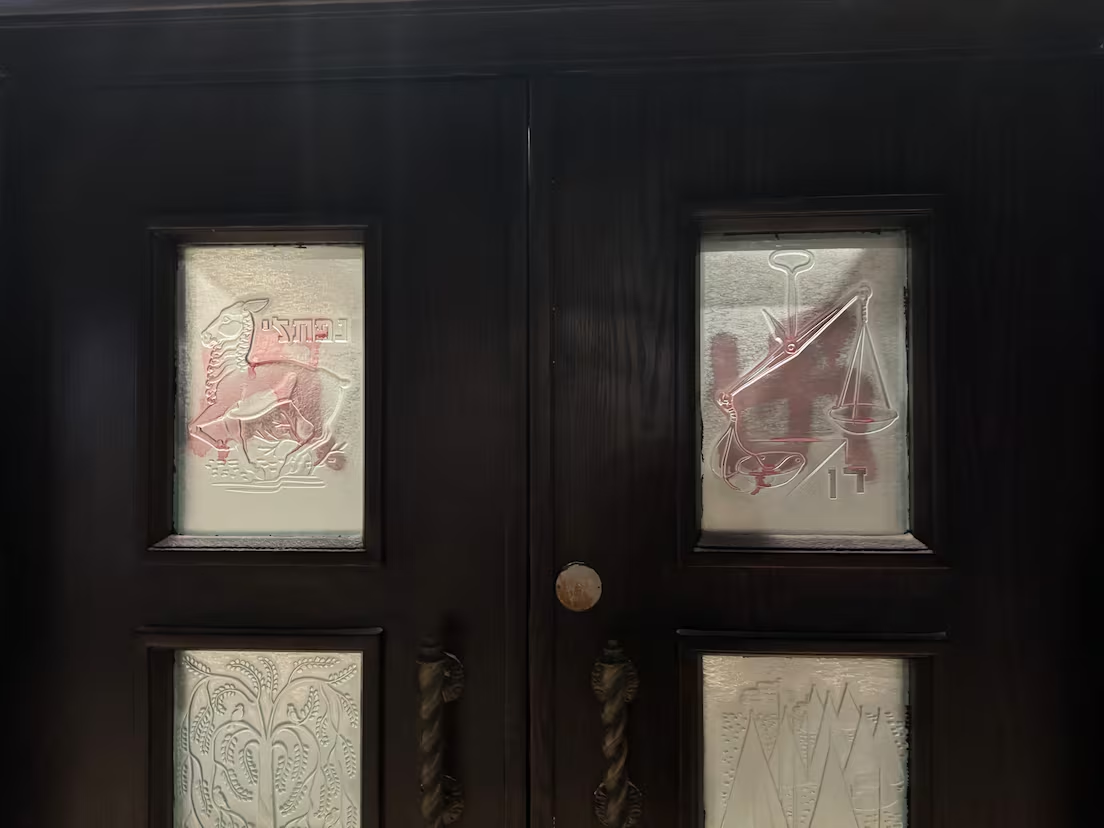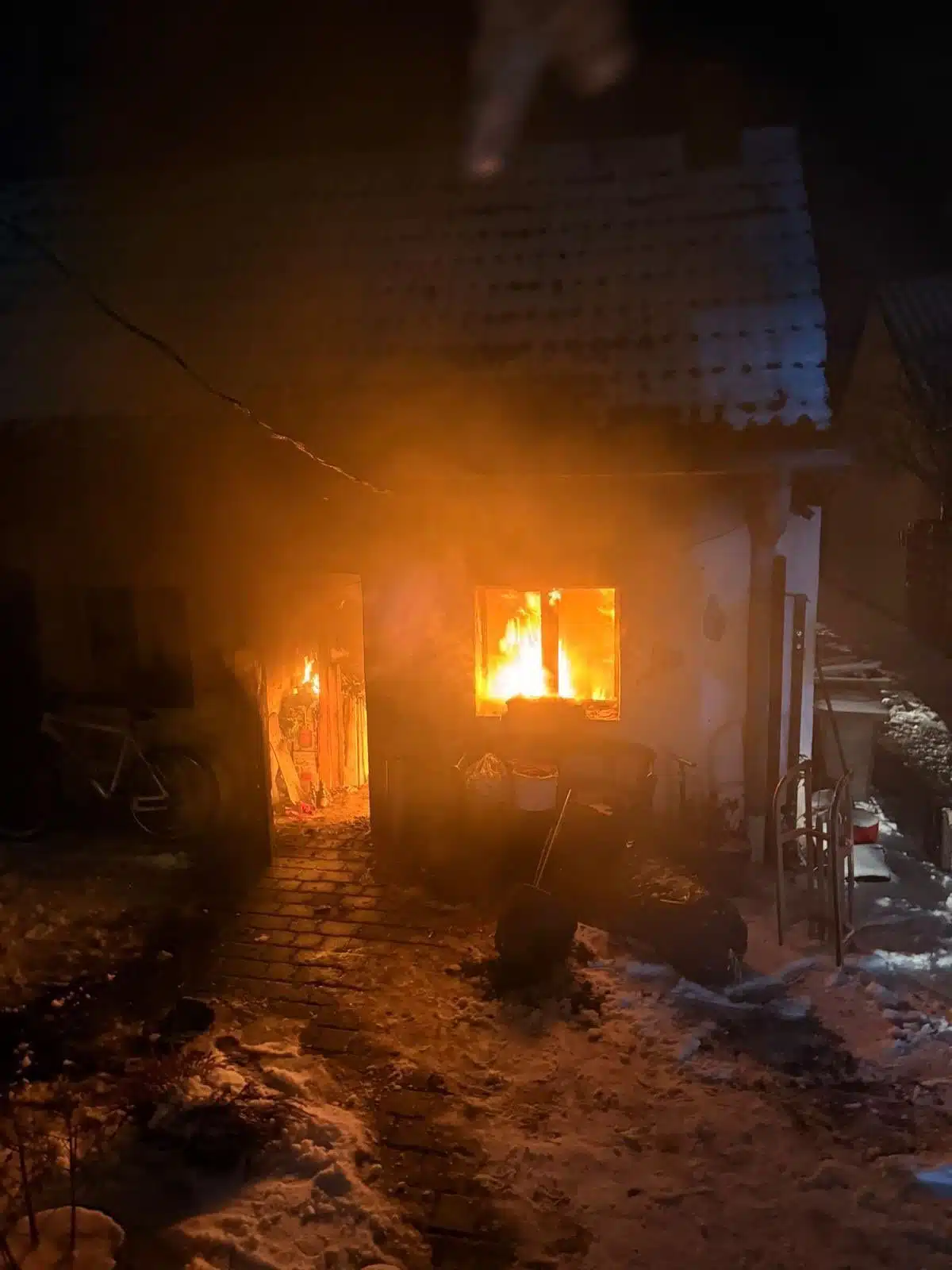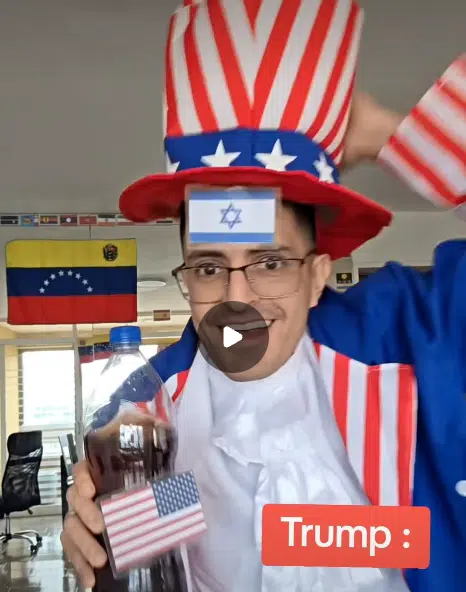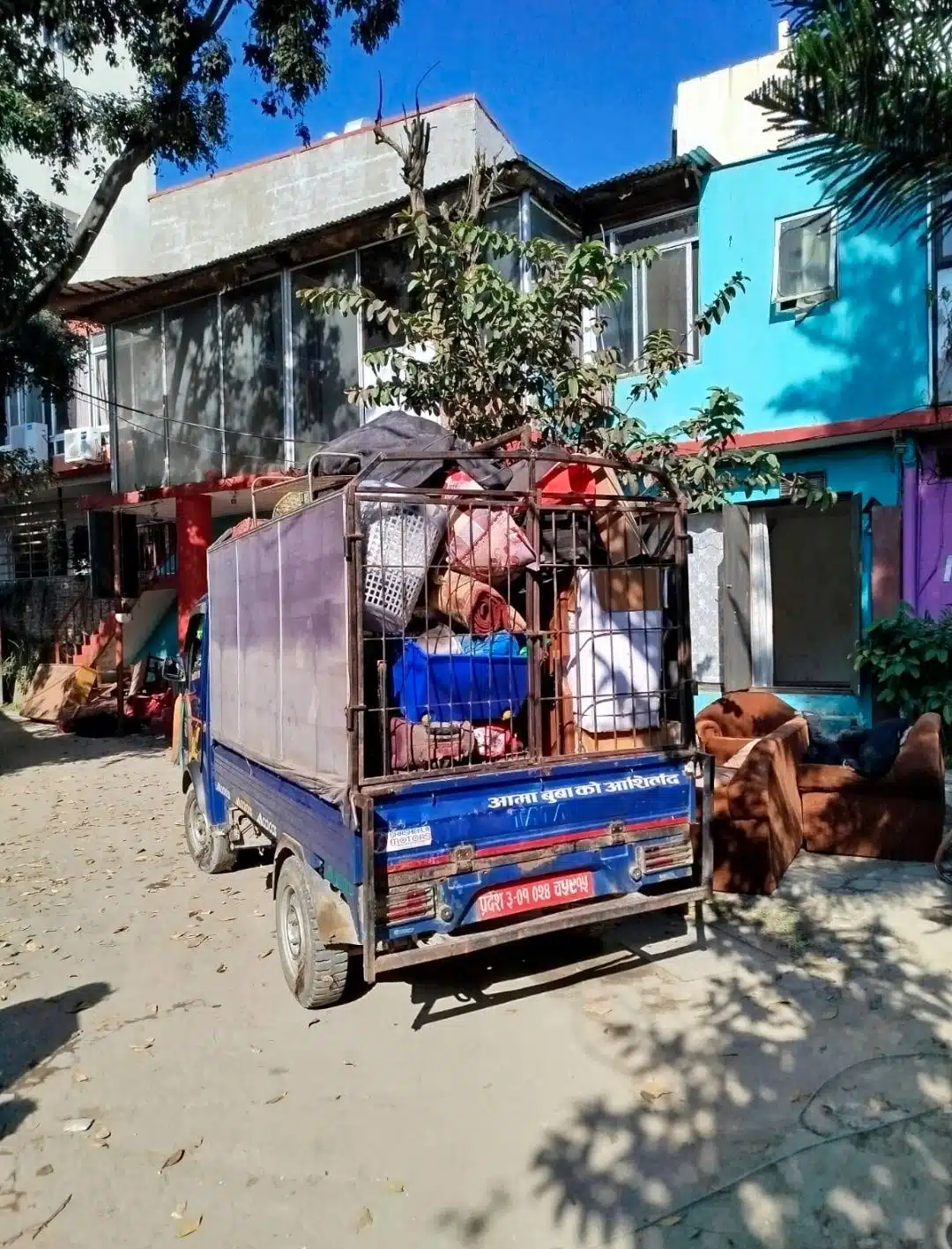

Anti-Semitism in Seattle — One Man Shares His Harrowing Story
By Aaron Kliegman
Ari Hoffman ran for Seattle City Council in 2019 to address the city’s homeless crisis and jumpstart an institution stuck in inertia. The city had, for the last couple years, allowed homeless people to camp and loiter in parks, leading to a surge in vandalism and drug use. Hoffman was disturbed by the situation, watching local authorities allow the problem to corrode his neighborhood.
Then, a Jewish cemetery of which he is a board member became a breeding ground for drug addicts and prostitutes. “There were used needles, human feces, condoms littered everywhere,” Hoffman told me. When the City Council continued to do nothing, he decided to launch his campaign.
Hoffman had endured some antisemitic threats and harassment while fighting for the cemetery’s integrity. But it was nothing compared to the antisemitism he was about to experience.
Hoffman wanted to focus on the homeless crisis and other political issues of local interest. “I didn’t bring up Israel or being Jewish,” he said. “Others did that.”
Hoffman, an Orthodox Jew, is a writer and business owner who grew up in New York and graduated from Yeshiva University. He is involved in his local Jewish community, serving as vice president of his synagogue. It turned out Hoffman’s Jewish identity was a problem for some Seattle residents, who launched antisemitic attacks against him. Many of these voices accused Hoffman of apartheid, ethnic cleansing, and even genocide, all of which they falsely accused Israel of committing.
After announcing his candidacy, Hoffman described how he overheard people on the train say, “I heard a Zionist is running for City Council,” and, “There’s a Jew running.”
“People started accusing me of being an apartheid oppressor,” Hoffman added.
Outside of Hoffman’s home, the Israeli and American flags are always waving, side by side. “An Orthodox Jew wearing a kippah in front of an Israeli flag seemed to be all it took to outrage people.”
He started getting random phone calls, some threatening, and had to disconnect his phone line at home. Meanwhile, Hoffman’s campaign yard signs were repeatedly stolen — from Jewish homes specifically.
Soon enough, Hoffman needed armed security, and his friends took down his yard signs, concerned they would be targeted with antisemitism themselves.
One day, after returning home from synagogue after the Jewish holiday of Shavuot, Hoffman found a notice from the police and the FBI. He and his family, including his children, were the targets of threats on 8chan, an online forum often used by hate groups. Apparently, someone claiming to be a “neighbor” triggered the messages by posting about Hoffman, noting that he had an Israeli flag in front of his house and asking what he should do.
“Kill [him]. Literally kill [him]. Burn the flag along with [him], dead or alive,” one user responded.
Another user found a photo of one of Hoffman’s children and wrote that he “literally looks like a anti-semitic caricature [sic].”
“Jews are the most f**king cancerous trash on this planet and anyone who defends them is just as trash,” someone else posted.
The Middle East Media Research Institute captured the messages.
Hoffman told me that his son, who was 11 at the time, asked for a knife to protect his family. Hoffman’s son had gone on one of their shared family computers and saw something about the threats on an open internet browser.
“Forget about me; this situation took an immense toll on my friends and family,” Hoffman said.
Generally, far-right extremists use 8chan to post hateful comments, but Hoffman explained to me that authorities traced the original post back to a far-left progressive activist, who claimed to wrote it to “rile up” the far-right.
In fact, Hoffman told me that the wave of antisemitism he experienced while running for City Council came from far-left progressives, who dominate Seattle politically. “It is ingrained in progressive culture that Israel and Jew equal bad,” he said.
Hoffman said he is angered by both main political parties and just ran in opposition to the policies of the City Council.
Perhaps most striking was the lack of response to Hoffman’s repeated requests for help to condemn, let alone stop, the antisemitic onslaught.
“When the threats happened, I called on elected officials to condemn this stuff,” Hoffman explained. But Mayor Jenny Durkan (D.) was reluctant to act. The American Jewish Committee (AJC) asked Durkan and other city officials to condemn the death threats against Hoffman and his family publicly. Eight days later, she issued a statement — but a private one, only addressed to the AJC. When pressed to make the condemnation public, the mayor refused.
The City Council proved even more unwilling to help. Hoffman told me that the council is radically left-wing and that one member, Kshama Sawant, uses blatantly antisemitic rhetoric and is rabidly anti-Israel.
Hoffman lamented that no Jewish organization except for the AJC reached out to help. The Jewish Federation of Greater Seattle, he noted, was “crazy left-wing” and actually described him as a threat to homeless people before he began his campaign.
Ultimately, Hoffman lost his bid for City Council. The constant antisemitic threats and harassment against him progressively quieted down, but Hoffman’s experience left an enduring imprint on him.
“Seattle’s elected officials remained silent when their supporters attacked my family and my community,” Hoffman wrote of his experience in December. “The silence of some Jewish organizations that are thought to be on the forefront of these issues, isn’t forgotten as well.”
When I asked Hoffman if the rampant antisemitism and hatred of Israel that he endured in Seattle has improved at all, he was not optimistic.
“The situation hasn’t changed,” he said. “If anything, now it’s worse.”







